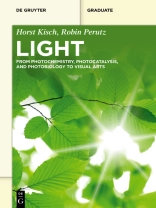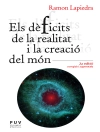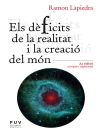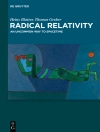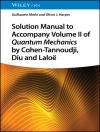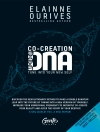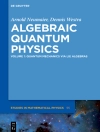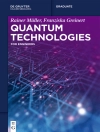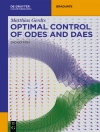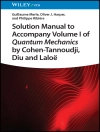This book explains in clear and vivid language why light plays a central role in life and physical sciences. Fascinating relations arise between physics, chemistry and life sciences from the interaction of light with animate and inanimate matter. Twelve Nobel Prizes have been awarded in the last 30 years for discoveries on these topics including laser techniques, molecular machines, circadian rhythms fluorescent proteins and super-resolution microscopy. Photovoltaics, photocatalysis, photosynthesis, solar hydrogen production, atmospheric ozone production and destruction, DNA sequencing, human vision, and communication in the dark all depend on light absorption and emission. The book concludes with a survey of cultural aspects of light in religion, philosophy and art.
Despre autor
Horst Kisch
Emeritus Professor at the Friedrich-Alexander-University Erlangen-Nürnberg, Germany. Horst Kisch has led research on organometallic chemistry and semiconductor photocatalysis leading to applications in atom-economic syntheses and utilization of daylight for the cleaning of air and water.
Robin Perutz
Emeritus Professor at the University of York, UK. Robin Perutz has had a research career in photochemistry of compounds of transition metals including applications to catalysis and solar energy conversion. He is a Fellow of the Royal Society. Other interests include support for women in science and human rights of scientists.
